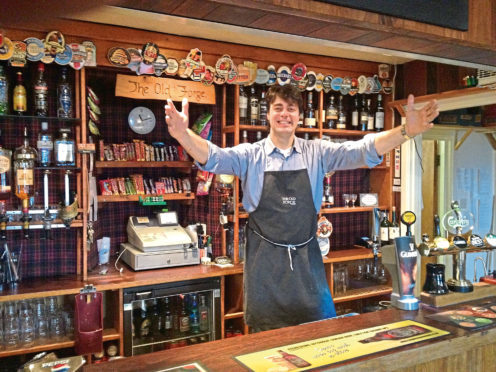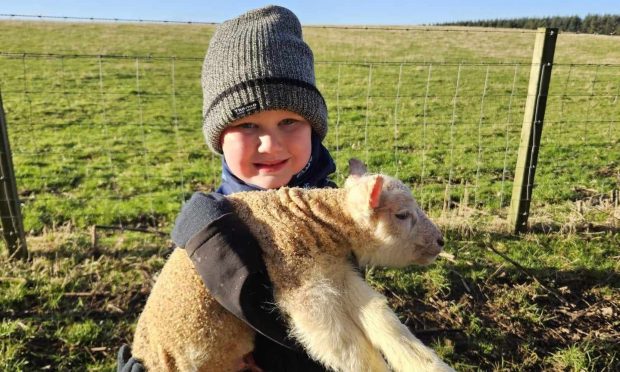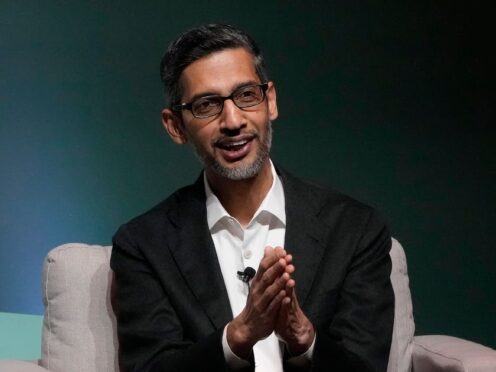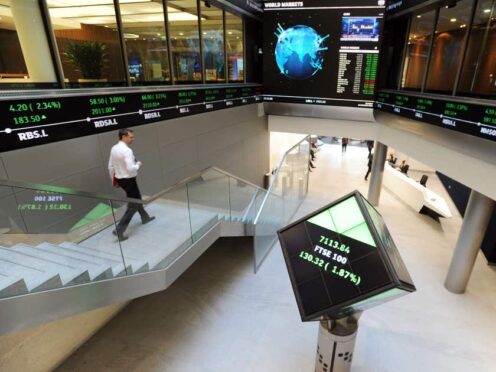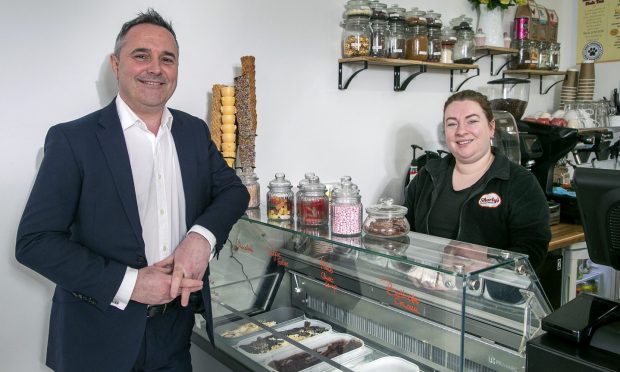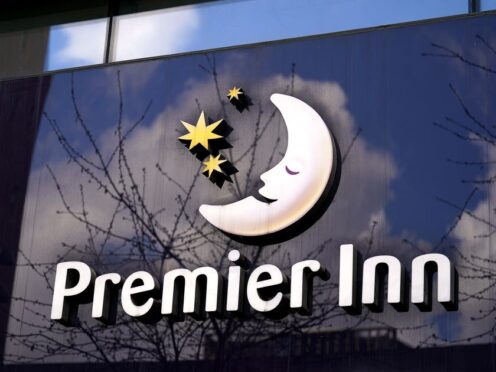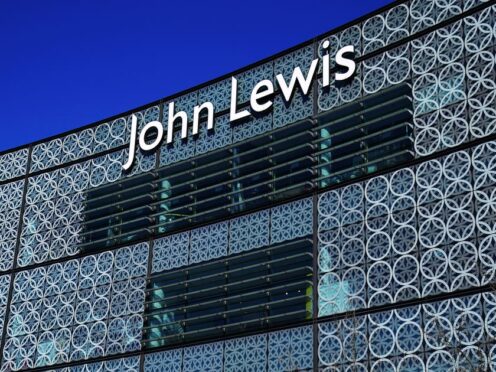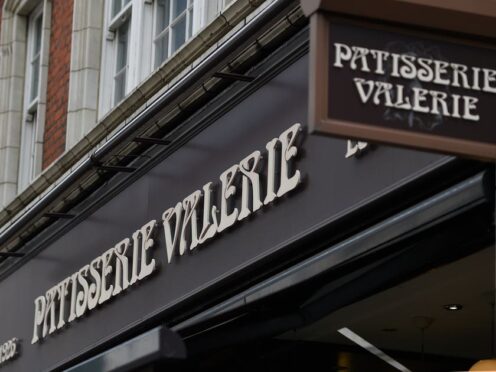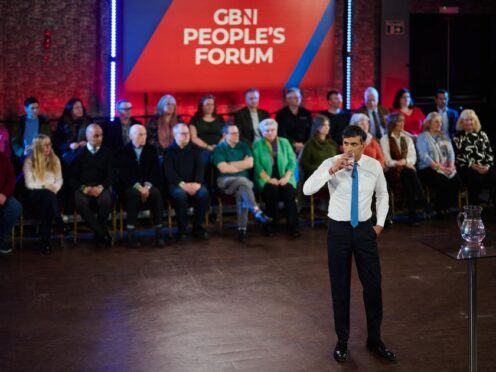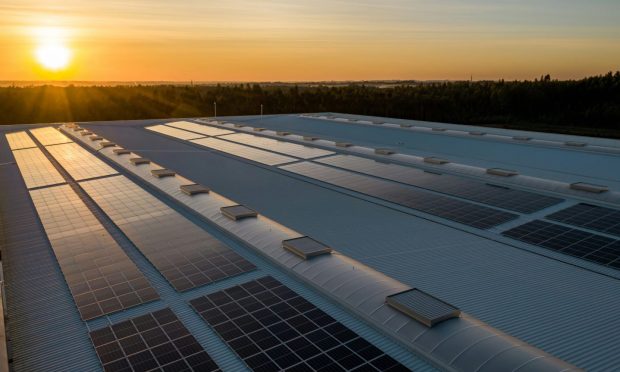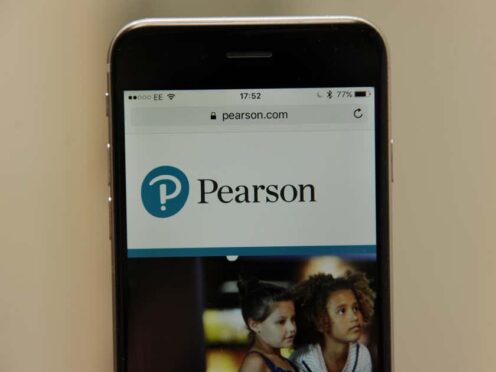More than a third of rural pubs are struggling to stay afloat in the current economic climate – despite an overall growth in the hospitality sector.
Research carried out by the Scottish Licensed Trade Association (SLTA) found 36% of countryside venues are still in decline while 73% of businesses within the sector claim to be either stable or in growth.
The market review canvassed around 600 retailers and highlights key challenges facing the wide range of small to large businesses who trade within pubs, clubs and hotel groups.
The survey showed those who own multiple outlets are better protected against macro-economic challenges, with 90% claiming to be growing or stable.
Food appears to be under-performing as people start to tighten their belts in preparations for Brexit. And beer sales have continued to decline, with the exception of brews created by independent and craft companies.
Colin Wilkinson, managing director of the SLTA, said: “After a number of years of decline and from a very low base, we are now seeing some improvement, with 49% of respondents seeing growth, versus 39% in our previous survey, and overall 74% of businesses are either stable or in growth versus a previous figure of 58%.
“However, there are concerns, particularly in rural outlets, where pubs are often key to the community, and/or key employers. Within rural/countryside pubs, over a third (36%) are still in decline. Government legislation is still a big concern, whether this is national or local legislation, with 63% highlighting these areas as big concerns, alongside business rates and increasing labour costs.”
The report is the latest half-yearly review from the SLTA and provides insights on food and drink performance from retailers across city-centre locations and rural locations.
KPMG sponsors the survey. Alistair McAlinden, head of hospitality and leisure at the firm in Scotland, said: “It is positive to see that almost 50% of respondents have reported growth during 2018 – an improvement on the prior year. Whilst out-of-town trading conditions remain challenging, declining performance for rural operators appears to be abating.
“Operators of multiple outlets are being afforded enhanced protection against the headwinds which continue to affect the sector, albeit food-led businesses are faring less well. This is perhaps unsurprising against the backdrop of well-publicised challenges continuing to affect the casual dining market across the UK.
“Consumer tastes remain critical to this disruption, with cash-conscious customers shunning more familiar fare in what remains an extremely busy subsector.
“National and local legislation – specifically around rates – remain key concerns for all operators, together with labour costs.
“Whilst certain locations and subsectors are faring better than others, it is clear that cautious optimism is building within the sector. With the realities of Brexit unknown, cost control, flexibility and relevance are crucial if operators are to further capitalise on the more positive trends experienced over recent months.”
